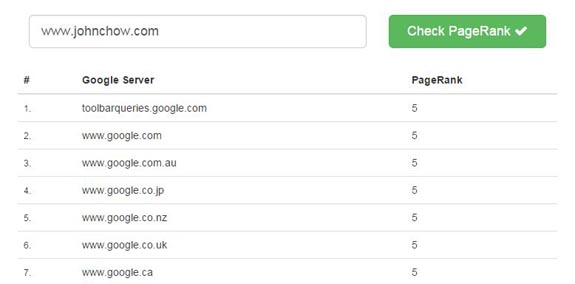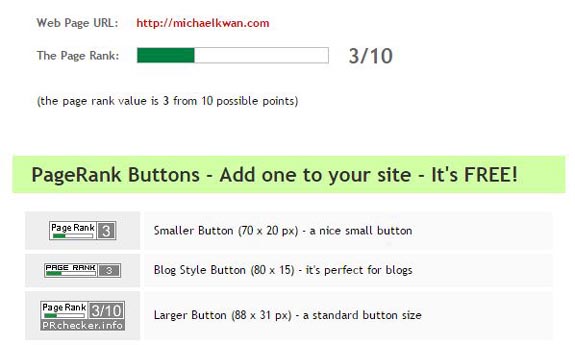Measuring the relative importance and popularity of a website has always been a rather tricky affair and several different metrics have emerged over the years to quantify this kind of quality. The thing is that the nature of the Internet has continued to change and evolve, arguably reducing the relevance of these metrics.
Seriously, aside from a handful of networks and the random inquiries of some media buyers, when was the last time that you had someone bring up an Alexa ranking in any sort of real meaningful conversation? And sure, some people will argue that Alexa is still relevant and that you should care where your site ranks on something like Compete.com, but at the end of the day, the only thing that really matters are your actual traffic numbers.
How many unique visitors are you gettting each day? How many page views are you getting each month? How long are visitors staying on your site? What is your bounce rate?
For many of us who have been making our living on the Internet for the last several years, Google PageRank was the metric that we wanted to chase. Google says it’s used to describe a page’s importance. (Fun fact: PageRank was named after Google co-founder Larry Page and not necessarily after webpage.) Each time that Google went around updating the PR of all the sites on the web, we anxiously refreshed our PageRank toolbars to see if our blogs went up or down. Today, as far as I can gather, Google hasn’t done a broad sweeping update of PageRank for over a year.

PageRank, for most intents and purposes, just doesn’t matter all that much anymore and it seems like Google is giving PR progressively less and less weight. A site with a high PR can still easily get outranked in the search engine results page (SERP) by a site with a lower PR. And many sites that haven’t seen any meaningful update in years can still hold very high PR for some inexplicable reason.
In many case, the PageRank a website has just doesn’t make all that much sense. Sure, JohnChow.com has a respectable PR5, but why is TheTechZone.com, John’s tech site that hasn’t been updated in over two years, still a PR5 too? And why would my basic HTML landing page at MichaelKwan.com have a PR3, while my nearly daily updated blog at btr.michaelkwan.com get stuck with a PR0?

We can debate and discuss the rationale until the cows come home and it wouldn’t matter. Google, with updates like Panda and Penguin and others, has continued to shift its search algorithm to factor in other considerations. They’ve been punishing the keyword stuffers. They’ve been keying in on links where the anchor text is a little too relevant. They’ve been paying far closer attention to social factors and how well the page is being shared. And while it seems like they’re punishing anybody that sells paid links, this doesn’t seem to be all that big a deal if the content is still relevant and provides value in more of an organic sense.
But I’ll leave the details to all the SEO experts out there. For the rest of us, as John has said on so many separate occasions, if you live by the Google, you die by the Google. Yes, you should be mindful of how you present and configure your content. Yes, it is nice when your content ranks well in the search engines.
And if you want more people to discover your content, write it for them and stop worrying about PageRank. No matter what updates Google pushes out next, with or without PageRank, good content will always be good content.
